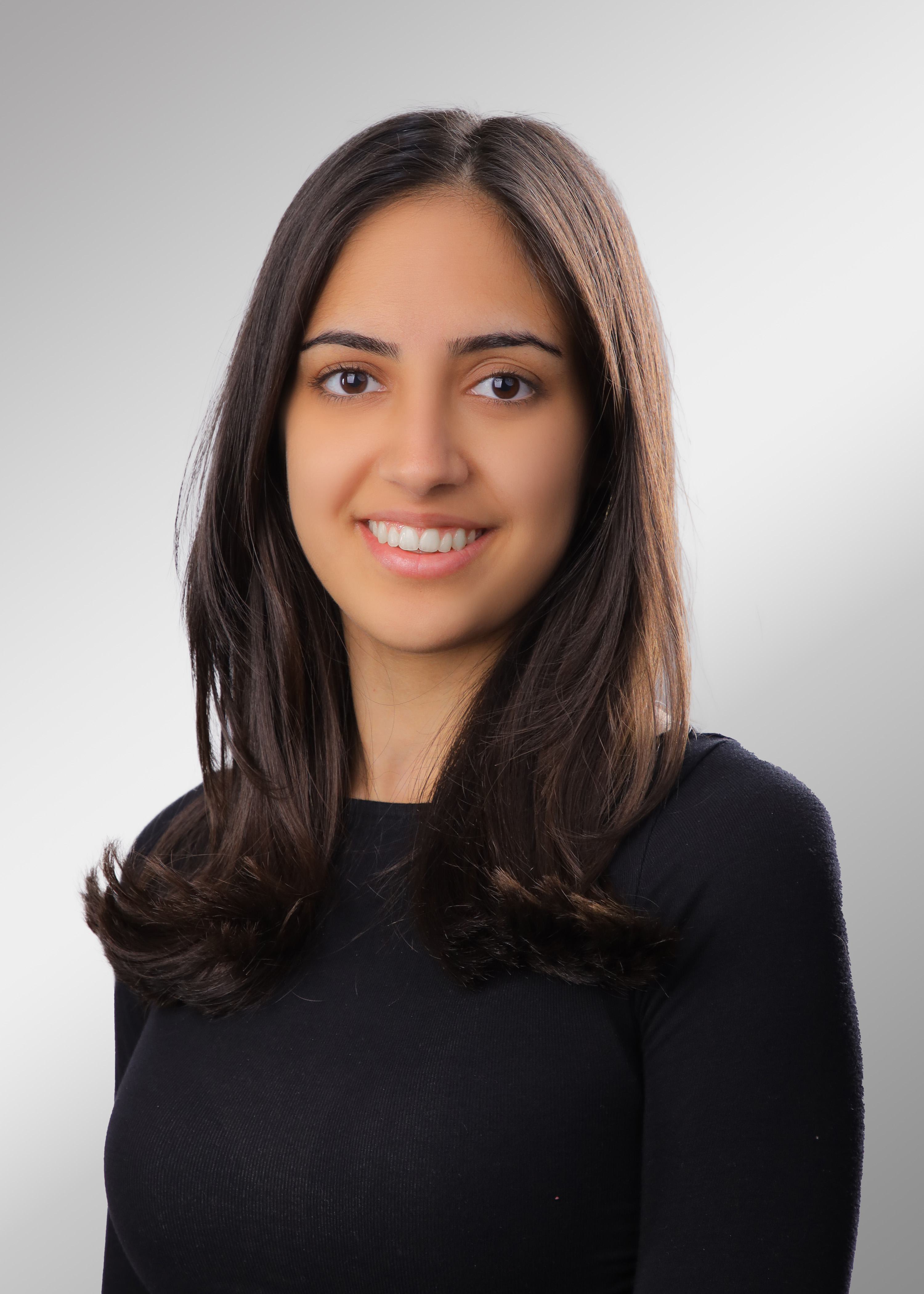Bio: Hi, I am Sara, and I’m in my fourth year specializing in Pharmaceutical Chemistry with a minor in Mathematics. I am currently working with Professor Mark Reed on structure-based drug design for various targets, accelerated discovery of molecular glues, and blood-brain barrier exclusion scoring to reduce risks of neurotoxicity in cancer drug discovery.

Program: 4th Year Undergraduate
Campus: St. George
Area of Interest: Medicinal Chemistry, Computational Drug Discovery
We asked:
How did you first become interested in studying chemistry?
I have been interested in chemistry and math since middle school, but being exposed to medicinal chemistry in grade 11 was what solidified my interest in studying this at university. Unfortunately, due to COVID, this part of the curriculum was cut just two weeks after we started studying it, so I decided to learn more by completing an online edX course in medicinal chemistry. I found the interdisciplinary nature of the field particularly exciting, and when I started my degree, I was drawn to computational drug discovery because it allows me to integrate my interests in chemistry, pharmacology, computer science, and math to address important health problems.
What is your favorite fact about chemistry?
I find the activation and mechanism of action of the prodrug metronidazole very interesting! Metronidazole can be reduced to a free radical that attacks various cellular macromolecules, including DNA. Since the free radical can lead to DNA fragmentation and eventually cell death, this mechanism of action seems highly toxic and nonspecific. However, since the reduction of this molecule by cellular components can only occur in anaerobic environments, the prodrug cannot be activated in human cells. Instead, anaerobic environments are characteristic of anaerobic bacteria and parasites, meaning that metronidazole can be used to treat a range of infections without being toxic to the host (us!)!
What course have you taken here that has seemed especially remarkable or surprising?
I really enjoyed the TRN135: Science and Social Choice course in the Margaret MacMillan Trinity One Program. Our assignments on proposing a novel treatment for COVID-19, conducting a meta-analysis on the accuracy of in-silico ADME data and designing a phase II clinical trial for ovarian cancer, were particularly interesting and allowed me to learn more about the different stages in drug discovery research. These assignments and many of our class discussions are what initially inspired me to start working in drug repurposing and drug discovery research at UHN and OICR.
Once I had a stronger background in drug discovery, I started working at the Matter Lab for CHM395, another course I really enjoyed. My research project allowed me to learn about quantum computing and generative AI and combine this with everything I had learnt in my previous research experiences. This course continues to inspire me to link advances in multiple fields to solve research problems in drug discovery.
Have you ever presented at a research conference or participated in a Chemistry Department poster session? What was your topic?
I have not participated in a Chemistry Department poster session, but I have presented at the ASSU Undergraduate Research Conference, the Trinity College Undergraduate Research Conference, the Southern Ontario Undergraduate Chemistry Conference, and most recently, the Accelerate Conference in Vancouver. At the Accelerate Conference, I was able to present research I conducted last year, for CHM395, and I also presented ideas for my current research project (CHM499) in the “Challenge Meets Solution: An Unresolved Research Symposium”. This symposium gave me an opportunity to network with other researchers and get advice on ideas and potential solutions I could try in order to creatively solve my research problem.
You are currently doing research with Prof. Mark Reed. How did that come about?
The Pharmaceutical Chemistry Student Union (PCSU) hosted an academic seminar last year where Professor Mark Reed presented on lead generation strategies for intrinsically disordered proteins. I was very interested in the computational methods used, as well as the lab’s drug discovery initiatives for a variety of diseases. When I reached out, I initially inquired about working with Prof. Mark Reed for CHM499 but found that there were many interesting projects I could work on during the summer before the course, as well. I was very grateful for the Department of Pharmacology’s UROP in Cancer and Cancer Related Diseases for funding my research during the summer.


